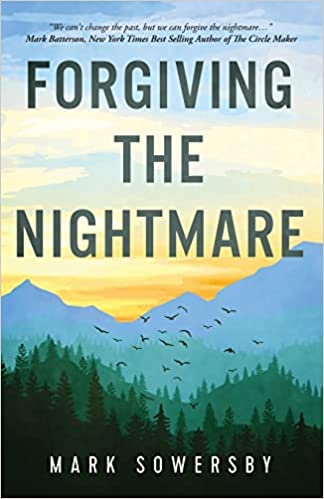This week my wife and I attended the annual Blue Ridge Mountains Christian Writers Conference at Ridgecrest Conference Center near Ashville, NC. This was my fourth time attending and my wife’s third.

This was a special year for me because the blog I write each week (this one) placed second in the writers’ contest, and my book, Brilliant Faith, was a finalist.

It was special for a couple other reasons, too. Two friends, Lindsay and Courtney, attended for the first time at the encouragement of my wife and me. I first attended in 2016 when my friend, Andrea, a great literary talent, encouraged me, so I wanted to take a page from her book (pardon the pun) and urge some other aspiring authors to attend. They both loved it, along with Lindsay’s son, Braden, a college student who sees himself publishing a book in the future as he pursues other life interests.

Being at the conference always reminds me that authors come in all personality types and backgrounds, with a broad array of varying interests and a diverse range of abilities as writers. The one thing they (actually, we) have in common is we have a literary work within us. It may be a novel, a novella, a devotional, a book of poetry, children’s book or book of photographs It could be an instructional, inspirational or biographical book, or some combination of the aforementioned genres and sorts.
What I’m getting to is that, if you’re reading this, which means you’re literate, I believe you have some sort of publication in you.

Often, the first thought a future author has is “I could never write a book; I’m just not qualified.” If that’s you, I’d love to change your mind. If you’ll honestly search your heart for a second you’ll likely admit that you’ve had the idea to write a book before. Let me tell you a few things that may give you some confidence:
- You don’t have to be a “writer” to be an author. One of the best books I’ve ever read is Forgiving the Nightmare. It’s author, Mark Sowersby, tells me that when he wrote his first draft, he used no punctuation and no capitalization. He gave the draft to his wife who did a grammatical edit, being careful to keep in the draft her husband’s personality and intent, and then forwarded the manuscript to the publisher. Mark is intelligent and a great communicator, but the most efficient way for him to write his story (You’ll be amazed if you read it, I promise.) was to just get the words down, knowing more work would be done with them later.

2. Everyone has an interesting story; it just needs to be transferred from their mind to the page. Maybe your story is your life’s story because you’ve lived long enough to include a great many experiences. Or maybe your story would be a certain experience you’ve had or witnessed. Whichever the case, there’s a story in you that just needs to be transferred to the written page.
3. If you feel your strength is in your knowledge or insight, rather than your story, then there are people who would benefit from what you have to offer; they just need you to write it for them.
I firmly believe everyone has something to say. They just need to realize it themselves.
So please consider authoring a book. Then, go ahead and start writing it. Then, keep going until it’s complete. You won’t regret it!

